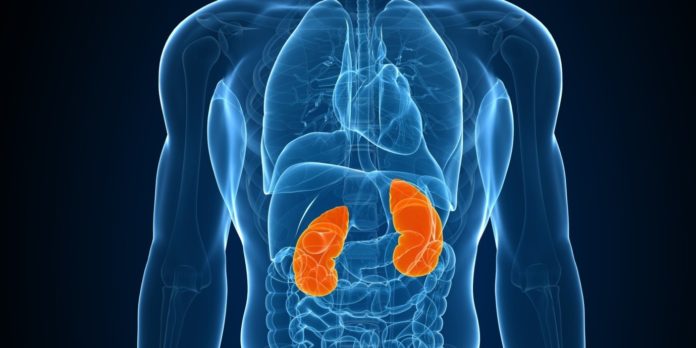Study calls for continuous monitoring of health status of organ donors, finds many develop diabetes, hypertension and then end up waiting for an organ themselves
Organ donors are prone to diabetes, hypertension and other disorders following donation; they too require continuous care, like organ recipients.
While organ transplant recipients receive continual care as the end-stage treatment to their condition, attention also should be given to living donors, say researchers form the UC San Francisco.
By aggregating data from publicly available clinical studies, the researchers found that nearly one in seven kidney donors experienced a potentially adverse event that may be related to their donation. They reported their findings today in JAMA Network Open.
“Our findings are significant for the transplant community,” said co-senior author Minnie Sarwal, professor of surgery, medicine and pediatrics at UCSF. “We want to encourage donation, yet making the process more transparent for outcomes and safer by improved monitoring for donors, which does not exist long term, also appears to be of critical importance.”
Some living kidney donors develop postoperative kidney failure and enter the organ donation system as potential recipients on the transplant waiting list, and this group also is at increased long-term risk for cardiovascular and end-stage renal disease
Solid organ transplant is the preferred treatment for most end-stage organ diseases, and about 6,000 adults in the United States and 30,000 worldwide are living donors annually. However, some living kidney donors develop postoperative kidney failure and enter the organ donation system as potential recipients on the transplant waiting list, and this group also is at increased long-term risk for cardiovascular and end-stage renal disease, as well as all-cause mortality, compared to matched nondonors eligible to donate.
In the new paper, Sarwal and her colleagues analyzed 20 clinical transplant studies compiled between 1963 and 2016 and housed in ImmPort, a clinical and molecular data repository hosted by the National Institute of Allergy and Infectious Diseases, to review 9,558 donors, referring to their final data set as “ImmTransplant.” To validate the study’s accuracy, they used data collected from 1987 to 2016 and stored in the U.S. national transplant registry maintained by the Organ Procurement and Transplantation Network administered by the United Network for Organ Sharing.
While no recorded events occurred in 85.3 percent of donors, the most common adverse events were hypertension (806 cases, 8.4 percent), diabetes (190, 2 percent), proteinuria (171, 1.8 percent) and lack of bowel movements post-surgery (147, 1.5 percent). Relatively few events (269) occurred in the first two years after donation, and of the 1,746 events occurring from two to 40 years after, 1,575 cases (90.2 percent) were nonsurgical.
Further, the researchers found that living kidney donors can experience renal or cardiovascular issues that increase their likelihood of renal failure without first experiencing intermediate events. Complications or conditions soon after donation also may not be predictive of long-term renal function or vice versa. As such, long-term systematic renal monitoring and routine regular checkups for living kidney donors is recommended.
Sarwal said this study supplements ongoing research while a nationwide registry is being established to improve the recruitment, awareness, education and long-term health management of potential living donors, per an initiative launched after a June 2016 White House organ donation and transplant summit.


